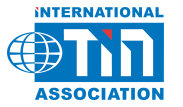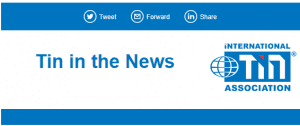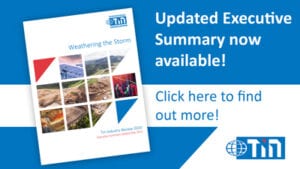During the course of last week statements from spokesmen for various Indonesian tin producers indicated that the halt to exports that was called from 1 October will not be 100% effective. In particular state-controlled PT Timah will continue to fulfil long-term contractual commitments to customers. Private smelters may also resume sales if prices rise further.
“We are planning to export tin to our contractual customers in Japan and Korea this week,” Timah Corporate Secretary Abrun Abubakar told Metal Bulletin on 12 October. “Our customers have also been asking for the goods. We think it is simply right to serve our contractual commitments to our long-term customers. Besides, prices have rebounded close to $23,000/tonne,” he said. However, PT Timah will continue to enforce the export halt for spot customers. “We still respect the commitment of not exporting tin on the spot market,” Abubakar said. In a separate interview with Bloomberg on 13 October he confirmed that Timah is maintaining a sales target of 37,000 tonnes for this year even after the export ban and price drop. Its refined tin sales in the first half of this year fell 12% to 17,457 tonnes.
Timah’s decision to resume tin exports was “not surprising”, a PT Koba Tin official told MB. “Timah’s volume of production is really big. Not exporting at all will be very disruptive for their sales and marketing flows,” he said. However, Koba Tin will not resume its tin exports any time soon. “Our production continues as per normal. But there is no schedule yet on when we will resume exports,” the official said. “Our production is not very big, so there is not much stockpiling. At most, we will have 500 tonnes of backlogged stocks so far,” he added.
Meanwhile the independent smelters that buy from small mines and account for over half of Indonesia’s tin metal production have reported that they remain out of the market but will re-commence sales if prices move up to $24,000/tonne or $25,000/tonne. “Every company has a different threshold, it depends on their production cost,” Rudy Irawan, deputy chairman of the Indonesian Tin Industry Association, told Bloomberg. “For Timah, $23,000 is a good level, while for most of the small smelters it’s at $25,000/tonne.” Tin producers want the government to set up an export quota to help maintain prices, Irawan said. “We want to move forward and set up a quota for export, there’s no other way; we must limit shipments to control prices. We will soon meet again in Bangka to discuss this issue.”


